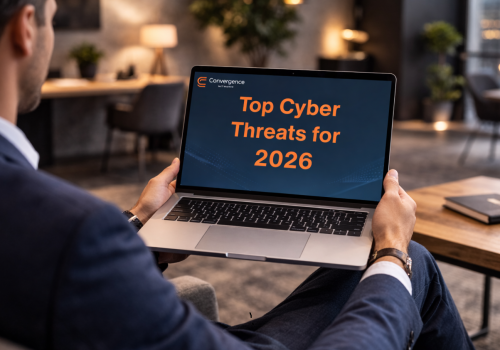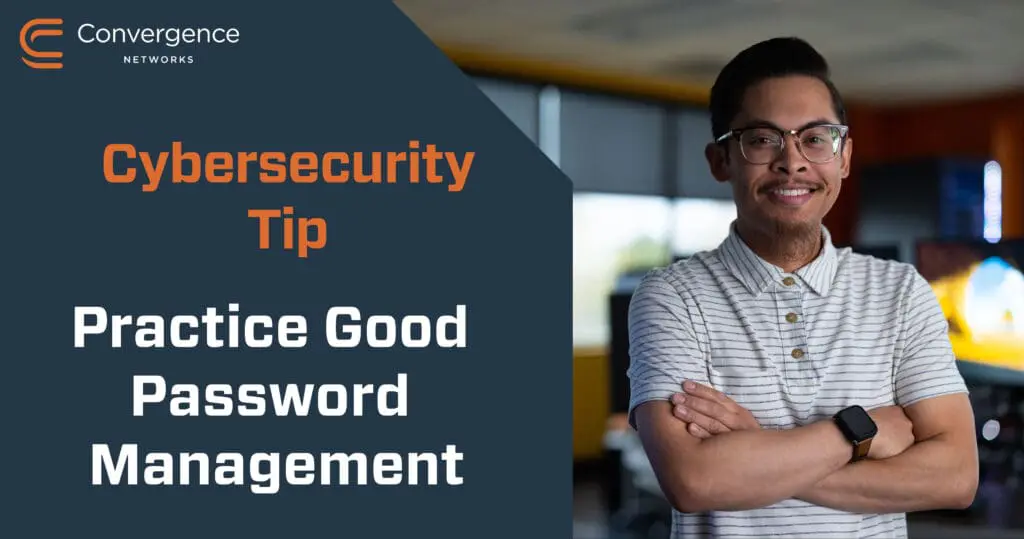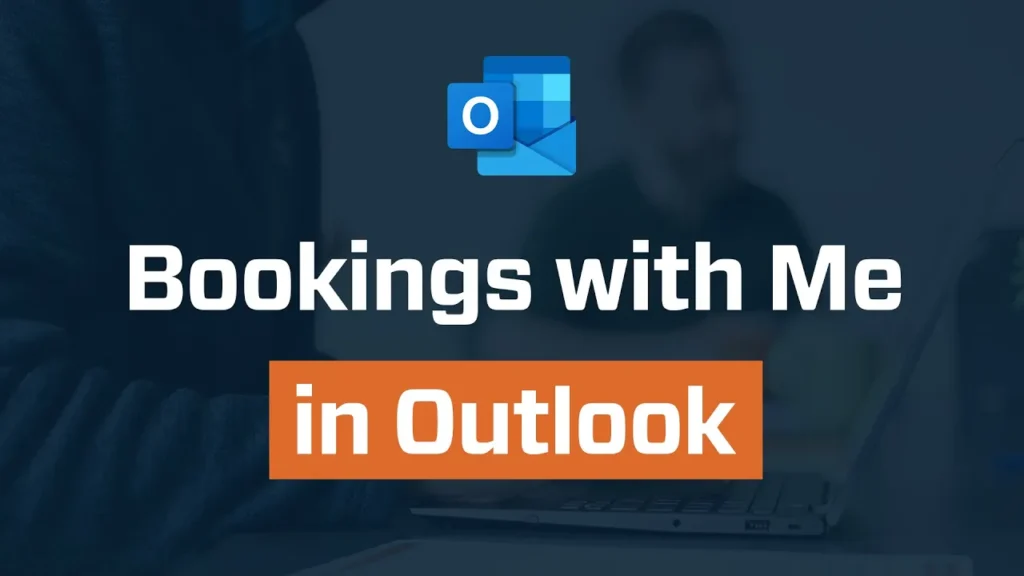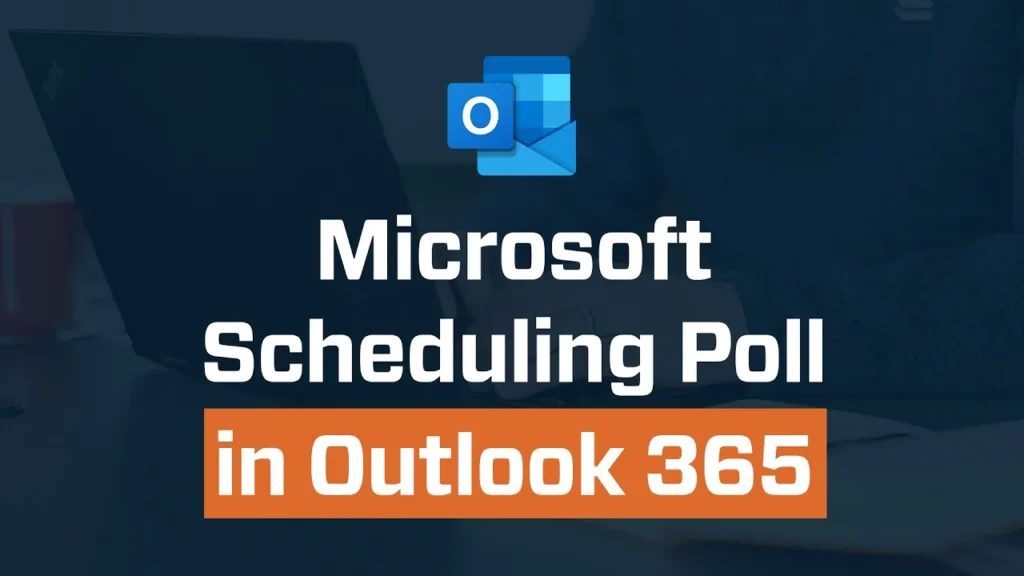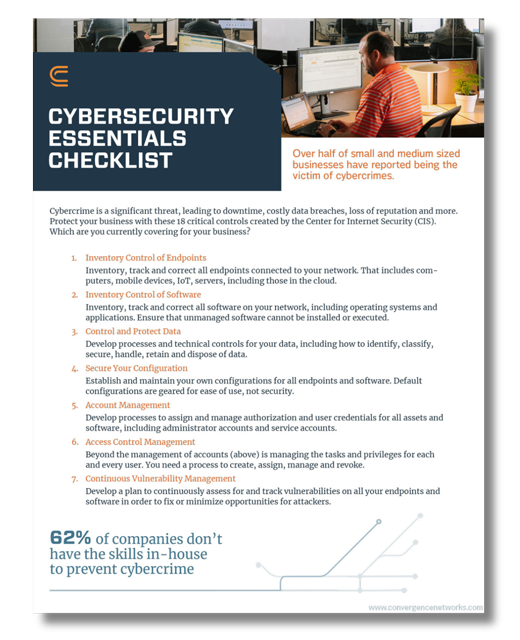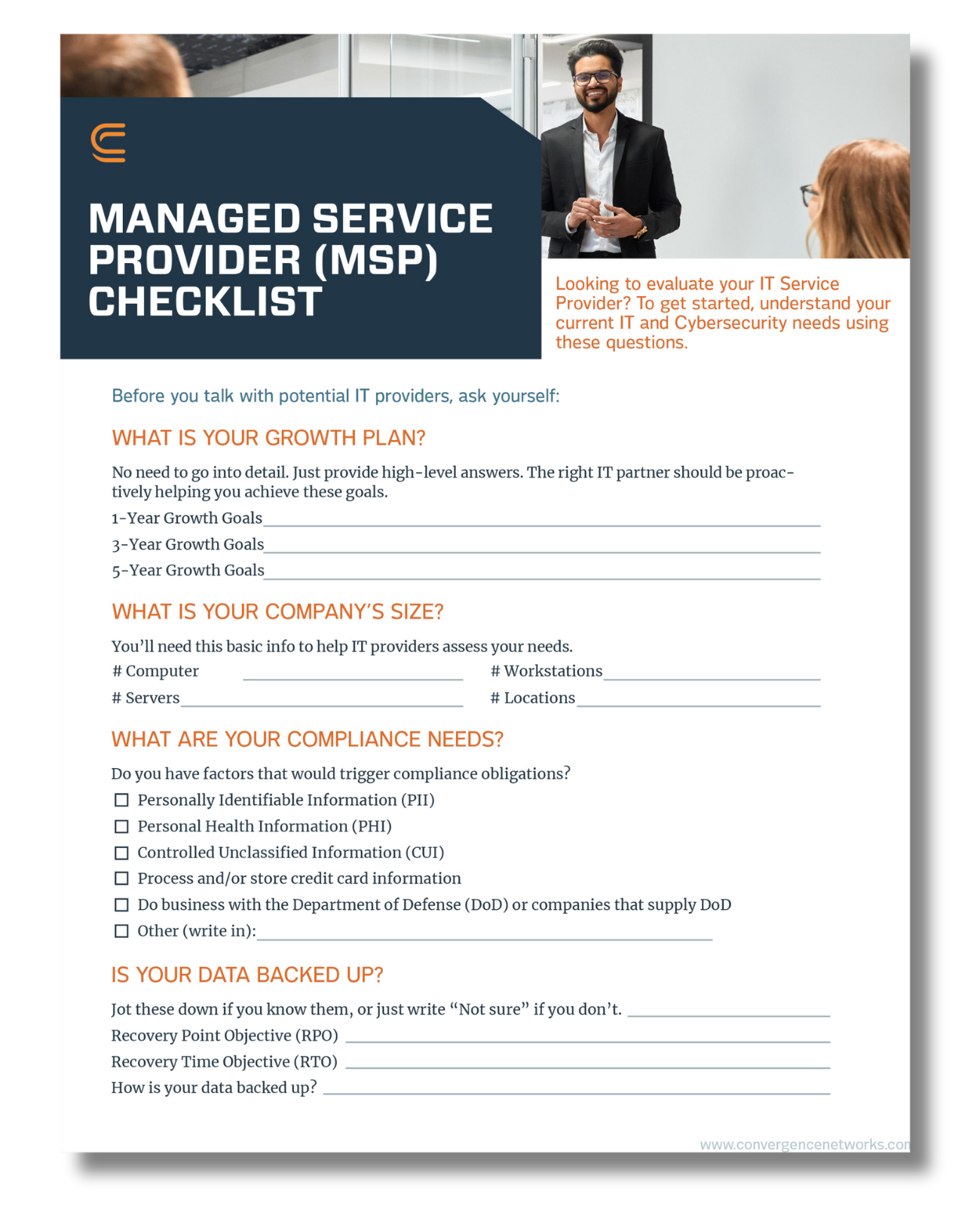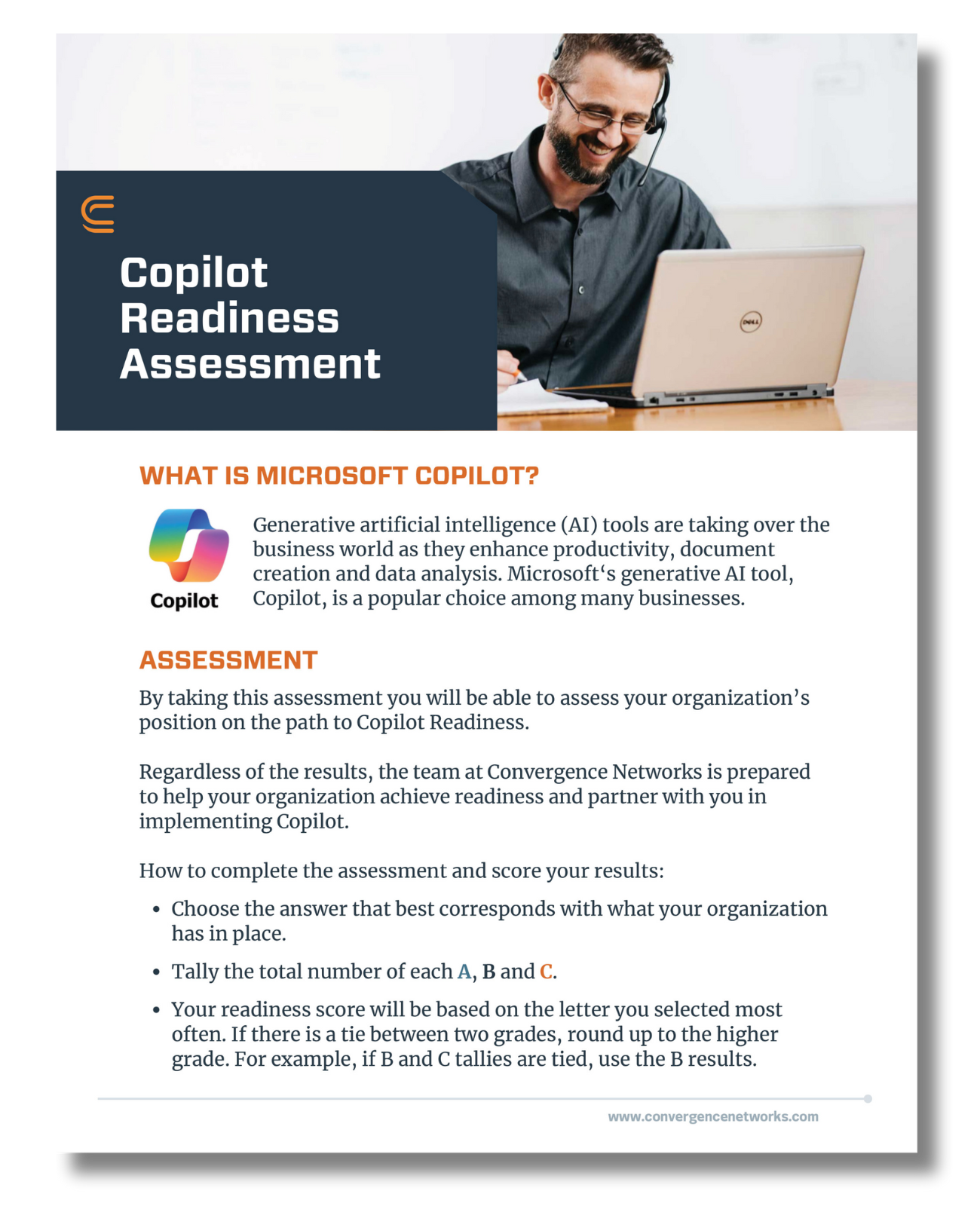These days, it’s not uncommon to see a headline or government announcement related to cybersecurity in the media. Cyber threats are quickly becoming the greatest risk to all businesses, with traditional approaches to technology and cybersecurity no longer enough to keep organizations safe from an attack.
In the current business environment, robust cybersecurity plans aren’t just a “nice to have” item – they are a must. Having the right cybersecurity tools and expert advice is critical for protecting your business, fulfilling compliance requirements, and combatting security threats.
With cybersecurity experts predicting another record-breaking year for cyber-attacks, businesses need to take a hard look at what their current cybersecurity strategy is and evaluate whether it is time to partner with a Security Operations Center (SOC).
What is a SOC?
In the simplest of terms, a Security Operations Center is a group of security experts that work with a stack of security tools, to respond to alerts and security threats while also providing preventative services to harden digital infrastructure before an attack is made.
When something out of the ordinary happens on a computer system, the SOC security tool will generate an alert which will be sent to the SOC team. The team then reviews the alert and using various bits of information, determines whether the activity is malicious or not. If it is malicious the team will take immediate action to stop the threat in its tracks before a lateral movement occurs between systems. Often these alerts can lead the team to discover potentially unwanted programs, suspicious websites, policy violations, malware, ransomware, or threat executions on a user’s system.
You might wonder – why does the team need to evaluate the alert? Wouldn’t any alert lead to malicious activity and require immediate action? It is important to recognize that not all business environments are the same, and what’s malicious in one environment might be benign in another. Therefore, it is extremely important that the people monitoring these alerts are an experienced group who understand your business and the infrastructure hind your system.
Why would I want a SOC working with my Team?
24/7 System Monitoring – Besides knowing you have a team monitoring your systems 24 hours a day, 7 days a week, 365 days a year, there are many other reasons. Attacks don’t just happen during business hours – in fact, they normally happen outside the typical workday window. Attackers know that outside business hours might be harder to staff appropriately and the chances of them getting into your system or actively hacking at this time are greater. They choose to attack at this time because they know your systems are more vulnerable, and the time frame between attack and detection can be longer.
Avoid Alert Fatigue – While having a stack of security tools is a great start, businesses also need to ensure they have a team who understands the variety of alerts and their individual implications to your business. Having a team also prevents one individual from suffering from alert fatigue caused by repetitive benign alerts, that are not actionable. When this happens, that person is more likely to miss something that is malicious and requires immediate action. There’s no “alert filter” that determines what is an actionable threat for your business verses what is benign, making it even more important to review everything that comes up.
Immediate Action and Quick Response Time – A SOC is the first to recognize a threat and immediately shut down or isolate the endpoint system, ensuring that malware does not spread from system to system laterally. A Security Operations Center team doesn’t have time to wait for a monthly report – they monitor systems in real time to determine what steps need to be taken. Without that real time review, threat actors could potentials have up to 30 days of unfettered access to your system – and no one has time for that!
Increased Compliance Requirements – Security compliance requirements are becoming more common for businesses today, and in some cases working with a SOC team is required. In many security compliance frameworks, the company needs to indicate that you have specific security monitoring, log correlations or even that there are specific response times to cybersecurity incidents and threats. Working with a SOC will help meet and sometimes exceed these requirements.
Team of Security Experts Working With You – Cybersecurity is a fast-moving industry and staying up to date with it is tough, especially if your business has an internal IT team that must focus on menial day-to-day support to keep the business running smoothly. By working with a group of experts you can rest assured knowing that this is their priority and focus – it’s what they do every day. At Convergence Networks, our SOC team’s roles require them to stay up to date on cybersecurity trends, and each member has real world experience blocking threats, allowing them to act quickly if they are required to do so.
Is it time for you to work with a SOC?
At the end of the day, no matter what business you are in – you are at risk of falling victim to an attack. With 54% of businesses saying cyberattacks are too advanced for their teams to handle on their own it might be time for you to work with a Security Operations Center. When it comes to an attack, not only can your data be stolen but it could also become public – ruining your reputation, causing crippling financial implications, and possibly opening up legal ramifications – all detrimental to your business going forward. By working with a SOC you can rest-assured that a team is monitoring your systems 24/7. and if malicious activity occurs your business will be protected with immediate action.
Working with a SOC can help save your company from catastrophe when a cyber-attack occurs, allow your IT team to focus on what they are best at, and ultimately help keep your business and data secure. If you think working with a Security Operations Center is the next security step for your business, and would like to explore the options, contact us here.





